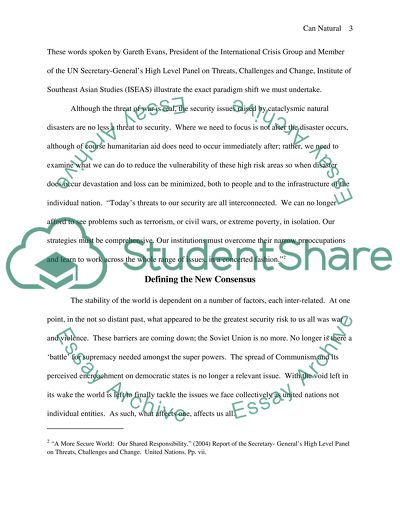Cite this document
(“Natural Disaster and International Security Essay”, n.d.)
Retrieved from https://studentshare.org/sociology/1513393-natural-disaster-and-international-security
Retrieved from https://studentshare.org/sociology/1513393-natural-disaster-and-international-security
(Natural Disaster and International Security Essay)
https://studentshare.org/sociology/1513393-natural-disaster-and-international-security.
https://studentshare.org/sociology/1513393-natural-disaster-and-international-security.
“Natural Disaster and International Security Essay”, n.d. https://studentshare.org/sociology/1513393-natural-disaster-and-international-security.


